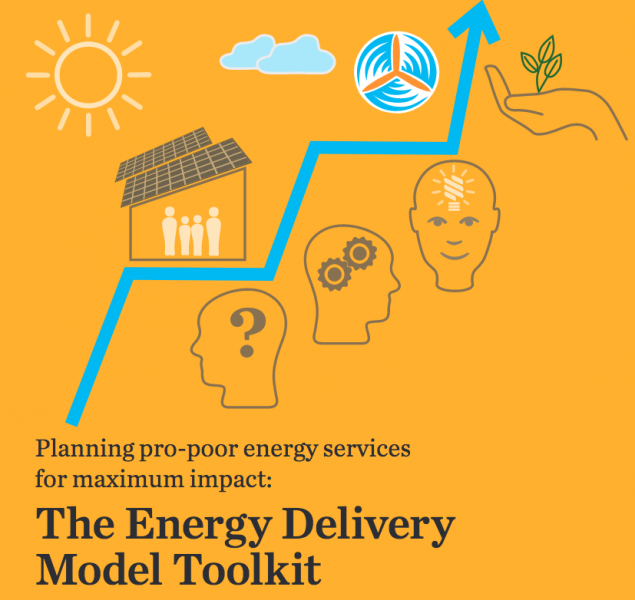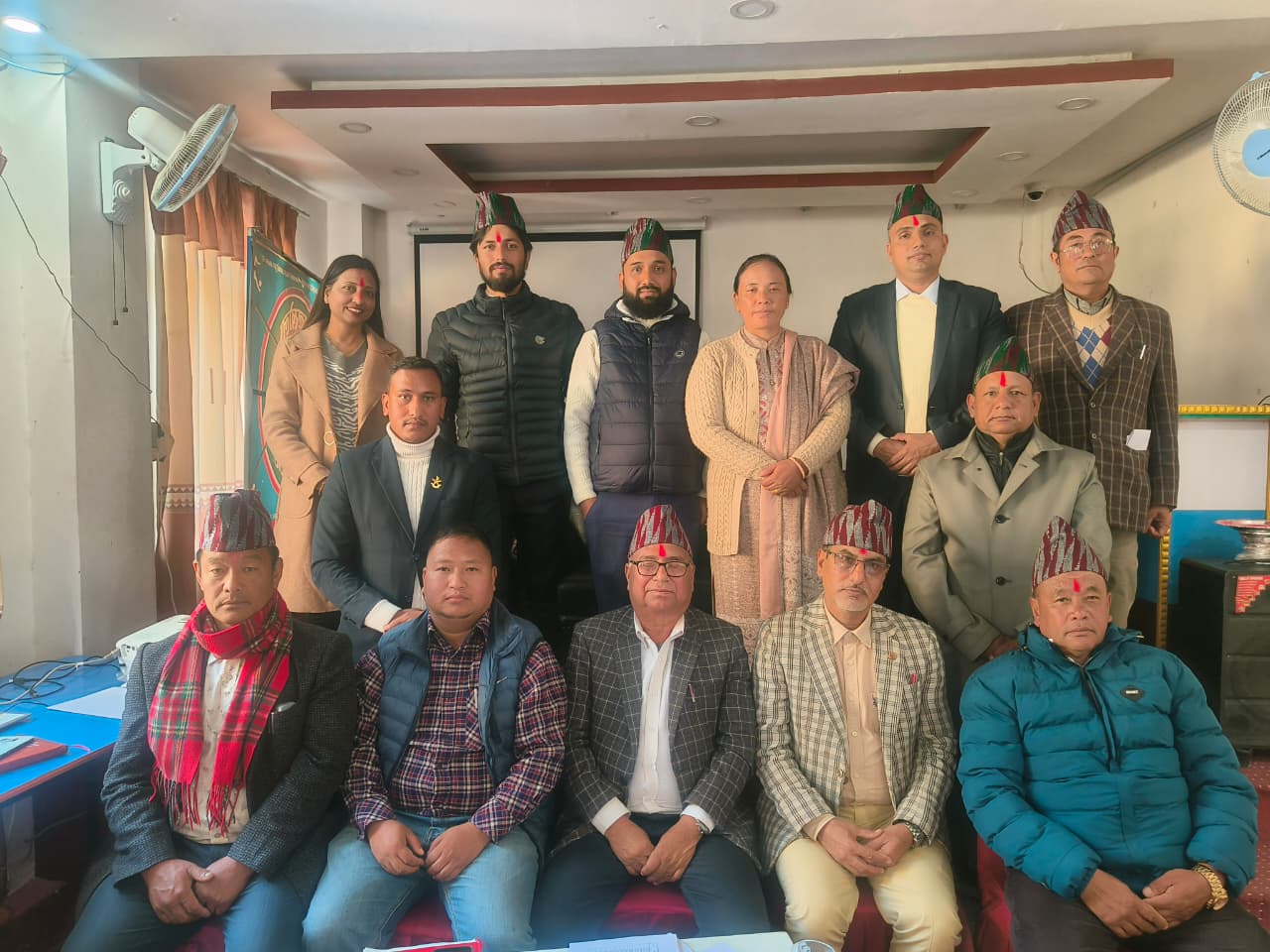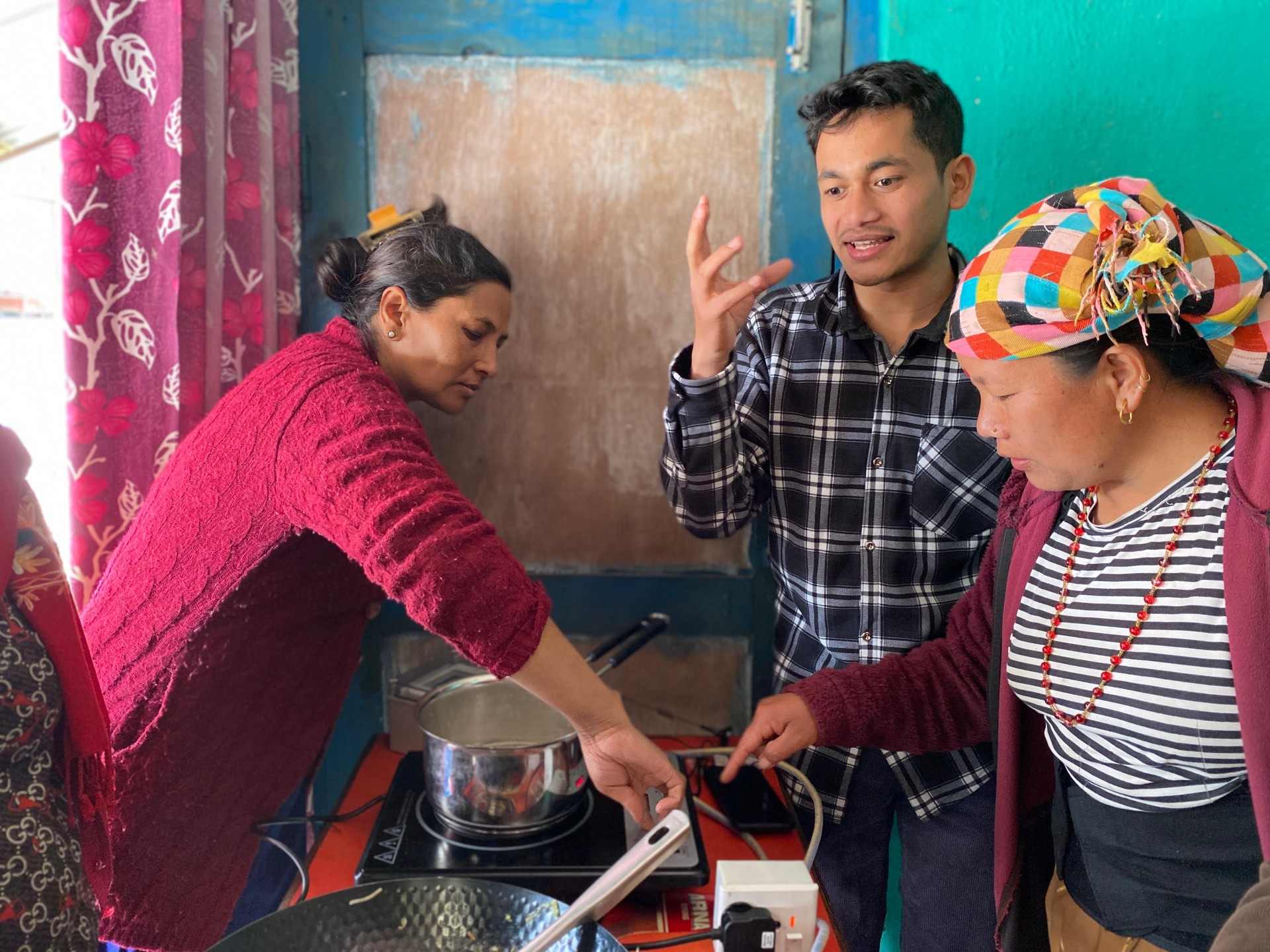E-cooking offers promising opportunities for rural enterprises in Nepal, boosting savings, health, and micro-hydropower sustainability. Our new report highlights key findings from twenty small businesses in Baglung.
New Project: Capacity Building And Knowledge Exchange – Designing Energy Services In Indonesia
One of our most recent SEPS exchange activities aims to build an understanding of a participatory approach to designing energy services in Southeast Asia called the “Energy Delivery Model”(EDM).
Many energy services in remote areas targeting the “last mile” fail. This is for a variety of reasons, including insufficient attention to the long-term costs of operation and maintenance; use of a “one size fits all” approach which often fails to consider differing local realities and socio-cultural factors (including gender issues); lack of attention to how an energy service will deliver wider development impact; and lack of buy-in from local stakeholders.
Building on these insights, since 2014 IESR – with its partners CAFOD and IIED – has been co-developing a participatory approach to designing energy services in Southeast Asia called the Energy Delivery Model (EDM).
Over the course of six months, IESR aims to:
- Prepare and host a four-day EDM Planning Workshop in Indonesia (inviting 15-20 participants from NGOs, social enterprises & local government), which will build an understanding of the participatory design of energy services, as well as capacity to use the existing EDM Toolkit; and
- Create an updated Indonesian language version of the EDM Toolkit.


